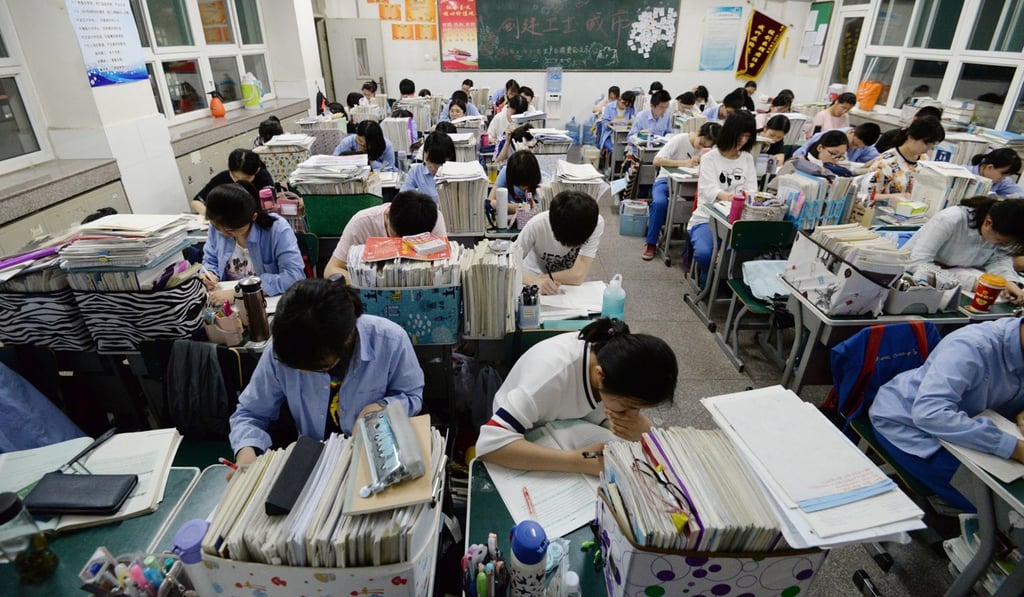Advertisement
Opinion | First trade, now education? Why US-China conflict must not be allowed to spill over
- Dmitriy Frolovskiy says paranoia about foreign influence in China and the US is hurting academia on both sides. Universities that depend on foreign students for revenue will suffer, and so will international exchange and diplomacy
Reading Time:3 minutes
Why you can trust SCMP

As Washington and Beijing continue to spar over trade relations, education could ultimately bear the brunt. The sector that traditionally spurs progress could emerge as another stumbling block to China’s relations with the West – the trade war could lead to “education wars”.
December marked the 40th anniversary of China’s opening up; it had also been 41 years since all Chinese students were allowed to compete for a place in college. Education has been at the forefront of national development ever since, and President Xi Jinping recently called on the sector to turn China into an educational powerhouse, and to continue to drive the country’s modernisation.
The government is not alone in promoting education. The business sector is increasingly eyeing investments in education and philanthropy. In early December, Charles Chen Yidan, one of five founders of the China's biggest internet company, Tencent, held the second Yidan Prize Summit. With its endowment of HK$2.5 billion (US$320 million) and prize money of HK$30 million (US$3.8 million), the award is the world’s biggest for education research and development.
Advertisement
China has a massive college student population of 37 million. One in every five college students in the world is in China. Beijing is taking measures to improve education at all levels, and envisions having at least 40 world-class universities by mid-century.
Advertisement

Advertisement
Select Voice
Select Speed
1.00x
